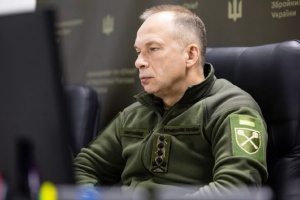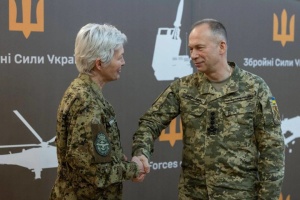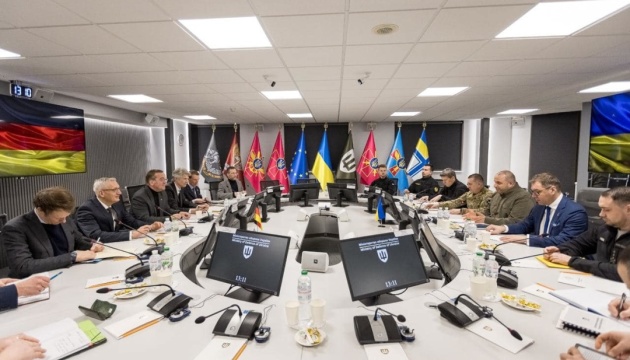
Strengthening air defense, addressing glide bombs issue: Umerov meets with German counterpart Pistorius
Umerov reported this on Facebook, Ukrinform saw.
The Ukrainian defense chief noted that during the negotiations the parties focused on the most urgent needs of the Ukrainian military.
In addition, together with the Chief of the General Staff of the Armed Forces, Lieutenant General Barhylevych, and the Head of the Main Intelligence Directorate of the Ministry of Defense, Lieutenant General Kyrylo Budanov, they informed the German delegation about the enemy's plans and the means that will help stop them from being realized.
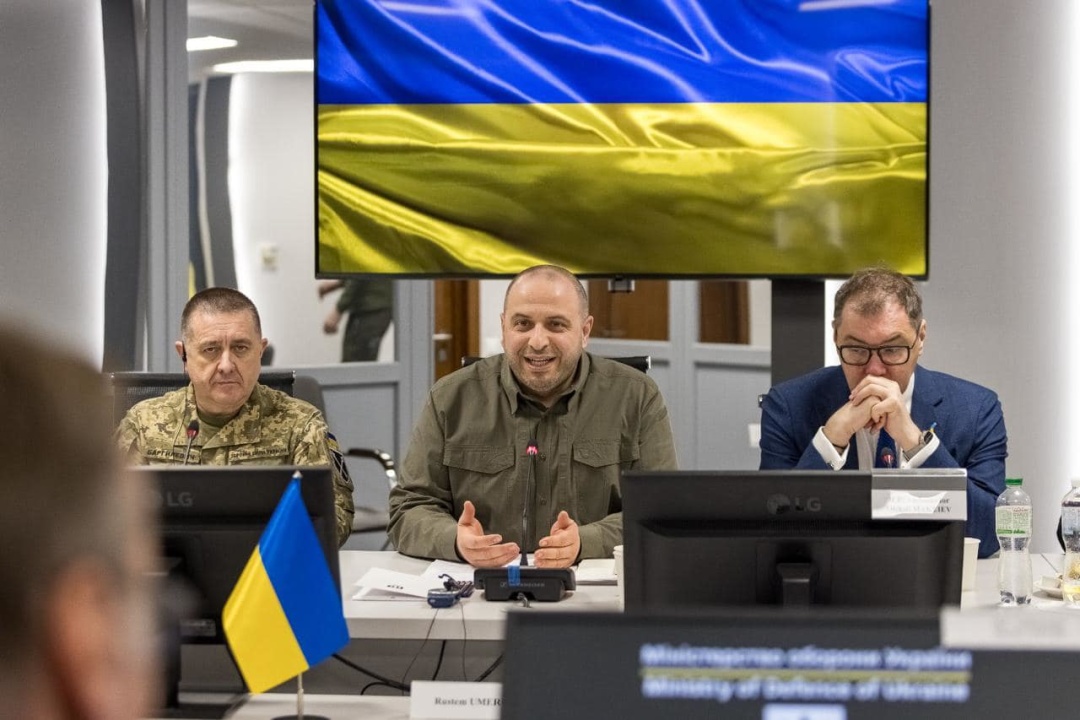
Key topics included eliminating the enemy’s missile advantage and countering guided aerial bombs (GAB). “We look forward to further strengthening our strategic partnership with Germany to safeguard our skies,” the report reads.

“We emphasized the critical importance of securing additional IRIS-T air defense systems and missiles for them. Ukraine is set to receive 60 more missiles for these systems soon,” Umerov said.
According to the minister, Ukraine will soon receive 60 more missiles for these systems.
Also, Rustem Umerov reported that with the participation of representatives from the Ministry of Strategic Industries, “we also analyzed the prospects for supplying artillery shells, particularly 155mm caliber rounds”.
Special attention was paid to the development of the armored vehicle sector.
According to Umerov, German partners are already providing significant assistance with on-site repair of Western equipment. He stressed the importance of increasing deliveries of armored vehicles, including through cooperation with other nations.
The Minister of Defense emphasized that Germany is one of Ukraine's key defense partners in Europe.
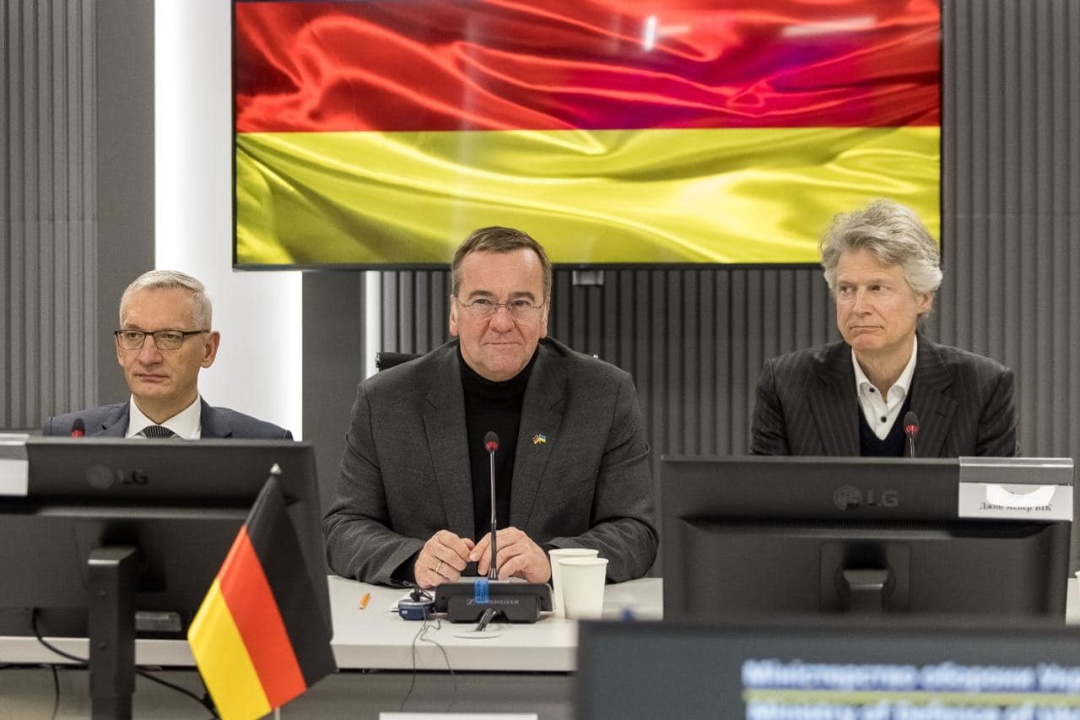
Umerov thanked Pistorius and the German people for their support for Ukrainian soldiers.
As Ukrinform reported earlier, Umerov met with UK Secretary of State for Defense, John Healey. The main topic of the talks was the coordination of plans for bilateral cooperation in key security areas in 2025.
Photo: Ministry of Defense




